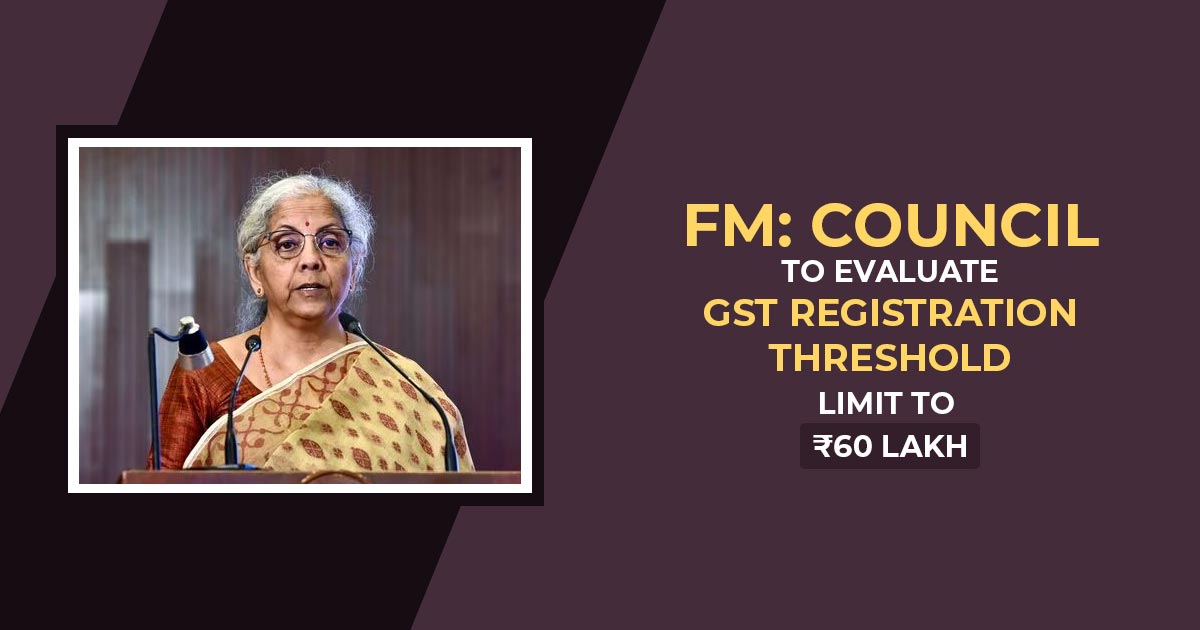
Finance Minister Nirmala Sitharaman addressed Parliamentarians’ request to raise the GST registration sales threshold, stating that the GST Council can consider it. However, she emphasized that most small businesses should ideally be part of the GST framework.
During her response on the Central Goods and Services Tax (Second Amendment) Bill, 2023 in Rajya Sabha, Sitharaman acknowledged Parliamentarians’ calls for establishing a national appellate authority for advance rulings as per GST regulations.
Read also: GST Council 1st Meeting to 52nd Meeting Updates with PDF
Regarding the appellate authority for advance rulings, the minister expressed that it’s a desire within the trade community. She noted, “We acknowledge the concerns raised by the members.”
The minister responded to Parliamentarians’ suggestions regarding including petrol and diesel in the GST by expressing, “I hope state governments understand the perspective.”
Regarding the proposal to increase the GST registration threshold from ₹40 lakh to ₹60 lakh, the minister remarked, “I defer to the Council for a decision, yet it’s equally important for most small businesses to be part of the system.”
Sitharaman clarified that the proposed amendments to the GST law aim to align the GST appellate tribunal with the 2021 tribunal reform and a Madras High Court ruling.
Highlighting the consistent growth in monthly GST return filing, the minister noted that compliance has risen to 90%, up from 71% three years ago.
The candidate’s pool sought to be expanded by the Central GST (Second Amendment) Bill, 2023—returned by the Rajya Sabha for the appointment of the judicial members to the tribunal.
The amendments suggest setting a minimum age of 50 years for eligibility to be appointed as President and Members. Their tenure will extend up to a maximum age of 70 years for the President and 67 years for Members.
The Provisional Collection of Taxes Bill, 2023, returned by the Rajya Sabha on Wednesday, replaces a similarly named law from 1931. This new Bill empowers the government to immediately enforce proposed customs and excise duty changes from the day following the introduction of Finance Bills, without waiting for their formal passage.









